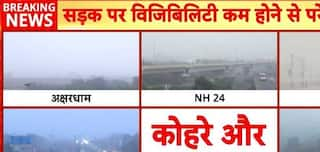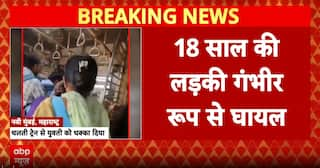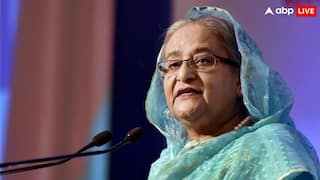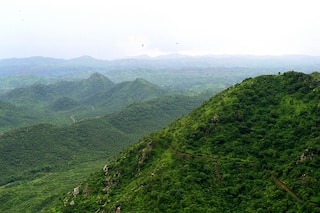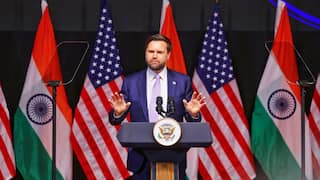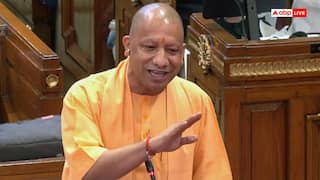Parliamentary Panel Suggests Regulator For Social Media Platforms: Report
To regulate content, the Parliamentary committee recommended that the regulator should be set up along the lines of the Press Council of India.

New Delhi: A Parliamentary panel has recommended that social media platforms like Facebook and Twitter should be regarded as publishers and a regulator should be set up to oversee them. The recommendation was made while the high-level committee was reviewing the Personal Data Protection Bill, a Bloomberg report said.
Quoting officials in know of the matter, the report said the panel sought stringent rules because current laws treating these social media platforms as "intermediaries" had not done enough in terms of regulation.
To regulate content, the committee recommended that the regulator should be set up along the lines of the Press Council of India. "A mechanism may be devised for social media platforms to be held accountable for content coming from unverified accounts," the report quoted the officials as saying.
On Monday, the Joint Parliamentary Committee (JPP) on the Personal Data Protection Bill, 2019, adopted the final draft despite dissent notes by some Opposition MPs. The Bill, which seeks to protect users' privacy and enforce strict controls on how firms collect, process and store data, will be tabled in the winter session of Parliament.
The Personal Data Protection Bill, 2019, was drafted following the 2017 Supreme Court judgment that declared Right to Privacy as a fundamental right of the citizens.
PP Chaudhary, who heads the panel, told Bloomberg that the recommendations would be presented in Parliament during the winter session. Offenses under this bill can be punishable with fines of up to 4 per cent of social media companies' annual global turnover - similar to penalties in the European Union.
In India, these companies can't be held liable presently for user-generated content on their platform. However, they have been mandated to follow Intermediary Guidelines issued earlier this year. This includes setting up offices in India, appointing compliance officials and adhering to the government's requests to take down certain types of content that it deems harmful.











